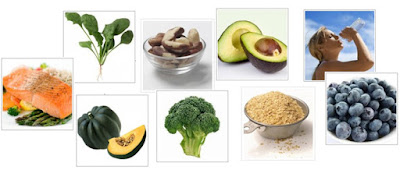A hernia occurs when an organ (such as part of the intestine) protrudes through a weak spot in the abdominal wall. Hernias are most common in the abdominal area, but they can also appear in the upper thigh, belly button, and groin areas.
The experts of hernia treatment at SMILES outlined some of the ways to prevent hernia that include:
- Maintain a healthy body weight: When you are obese or overweight, you are at risk of getting hernias because your extra body fat can put pressure on your abdomen
- Avoid heavy lifting: Attempting to lift heavy objects can put you at risk of developing hernias, especially if your abdomen muscles are weak
- Eat fiber-rich foods: Constipation can put a strain on your abdomen and thus increase your risk of hernia
- Immediately treat if your coughing or sneezing are consistent: Undoubtedly, coughing and sneezing can both put pressure on the abdomen and leads to hernia
- Check if you have enlarged prostate: If you have an enlarged prostate, you will feel the need to urinate frequently. This can increase the pressure on the abdomen by causing strain during urination




